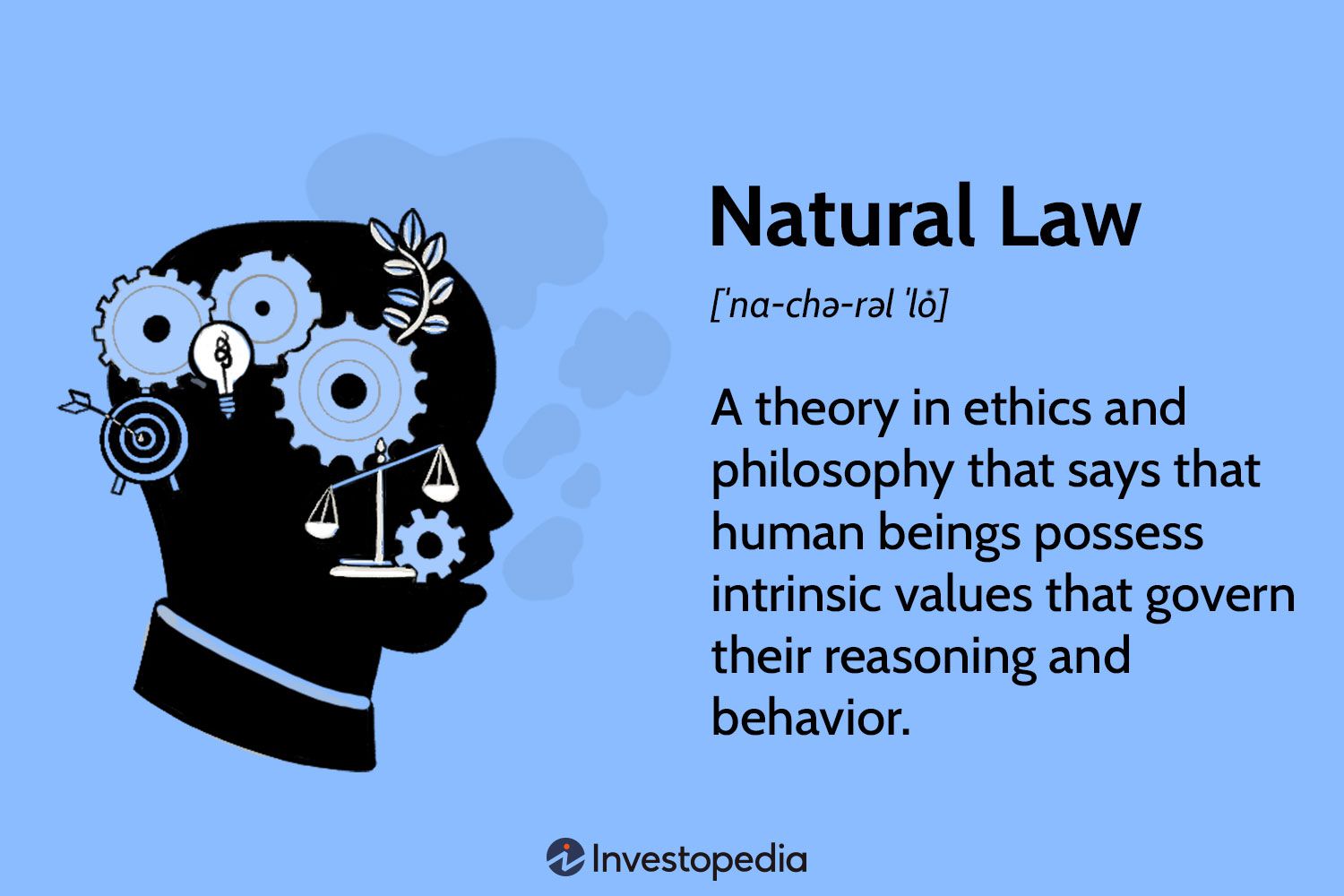
The Power Shift in Modern Law: A New Era of Perspectives
In today’s rapidly evolving world, the landscape of law is undergoing transformations that challenge traditional norms and practices. From advancements in technology to shifting societal values, the legal field is continuously adapting to remain relevant and effective. This article delves into the multi-faceted aspects of this transformation, highlighting significant statistics, expert insights, and engaging case studies that illustrate the new directions in law.
 Exploring innovative legal frameworks
Exploring innovative legal frameworks
Embracing Technology in Legal Practices
One of the most notable changes in the legal industry is the integration of technology in legal practices. Artificial Intelligence (AI), for instance, is no longer a futuristic concept but a reality that is reshaping how legal professionals operate. A 2023 study found that 78% of law firms are investing in AI solutions to enhance their efficiency and service delivery. This is indicative of a broader trend where traditional roles are being redefined through the adoption of innovative solutions.
Additionally, platforms that facilitate remote working have become essential, particularly following the global shifts brought about by the COVID-19 pandemic. Virtual law firms are popping up across the globe, offering services without the overhead of traditional office spaces. As someone who has navigated these changes, I’ve experienced firsthand how these advancements not only provide convenience but also enhance client interactions, allowing for a more flexible approach to legal services.
“The future of the law isn’t just about maintaining the status quo; it’s about embracing change and redefining possibilities.”
The Impact of Social Movements on Legislation
Moreover, the societal push towards justice and equality has invigorated the legal landscape. Movements advocating for social change are pressuring lawmakers to reconsider existing legislation, creating an opportunity for reform. For example, the past few years have seen a surge in discussions around criminal justice reform, with numerous states revisiting their approach to sentencing and rehabilitation.
According to recent reports, public sentiment has shifted dramatically, with approximately 65% of Americans supporting reforms aimed at reducing prison populations and enhancing rehabilitation efforts. This is a stark contrast to past trends that favored punitive approaches. As a passionate advocate for reform myself, I find it compelling how this collective consciousness is influencing the legal framework.
The growing demand for equitable legislation
The Role of Legal Education
As the field adapts, so too must legal education. Schools are beginning to re-evaluate their curricula to prepare students for the dynamic nature of today’s legal practice. Traditional rote learning is being replaced with experiential learning, with schools incorporating practical skills training and exposure to real-world scenarios. This shift not only bridges the gap between theory and practice but also fosters a more resilient and adaptable generation of legal professionals.
I recall my own experience in law school, where we frequently engaged in moot court arguments, bringing theory to life and learning to think critically under pressure. Those experiences have undeniably shaped my career, reinforcing the importance of adaptability and innovation in navigating complex legal challenges.
Key Challenges Ahead
However, the evolution of the legal landscape does not come without its challenges. As technology advances, issues of access and equity within the legal system arise. While larger firms can afford cutting-edge tools, smaller practices may struggle to keep up, potentially widening the gap in available services.
Additionally, with the rapid pace of change, ethical questions surrounding technology’s role in law are also surfacing. A balance must be struck between leveraging technology and ensuring that it serves to enhance the integrity of legal practice rather than undermine it.
 Balancing technology and ethics in legal practices
Balancing technology and ethics in legal practices
Looking Forward
As we stand at this crossroads, it’s clear that the future of law requires vision, creativity, and a willingness to adapt. By embracing change and fostering a culture of innovation, the legal profession can develop frameworks that not only respond to present challenges but anticipate future needs.
For anyone involved in this field, whether as a practitioner or a stakeholder, it is imperative to view these shifts as opportunities rather than obstacles. By leveraging technology, promoting equitable practices, and enhancing educational methods, we can collectively pave the way for a more just and efficient legal system.
In conclusion, the power shift in modern law invites all of us—lawyers, lawmakers, academics, and activists—to participate actively in shaping the future. This is not merely a transformation; it is a revolution that promises to redefine the very essence of justice as we know it.
Key Points:
- Integration of technology is transforming legal practices.
- Social movements are driving legislative reforms.
- Legal education is evolving to meet today’s needs.
- Ethical challenges must be addressed amid rapid changes.
For further reading, consider exploring various resources such as legal tech blogs and reform advocacy sites, which offer deep dives into these pressing issues.















